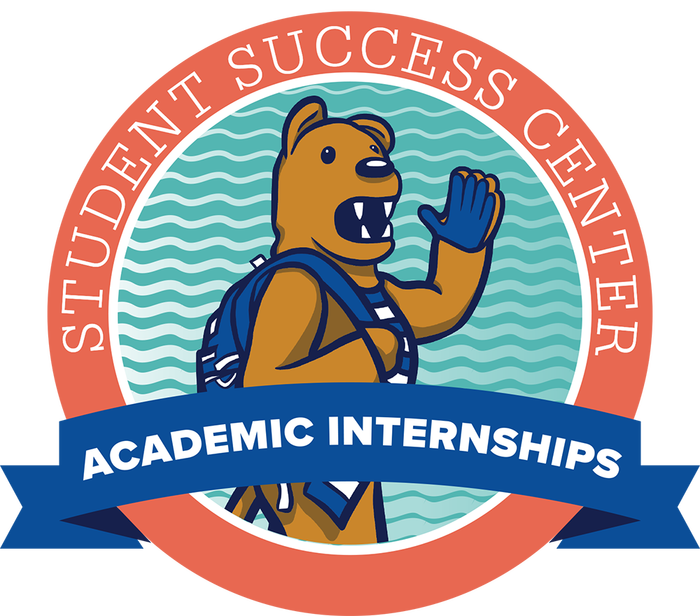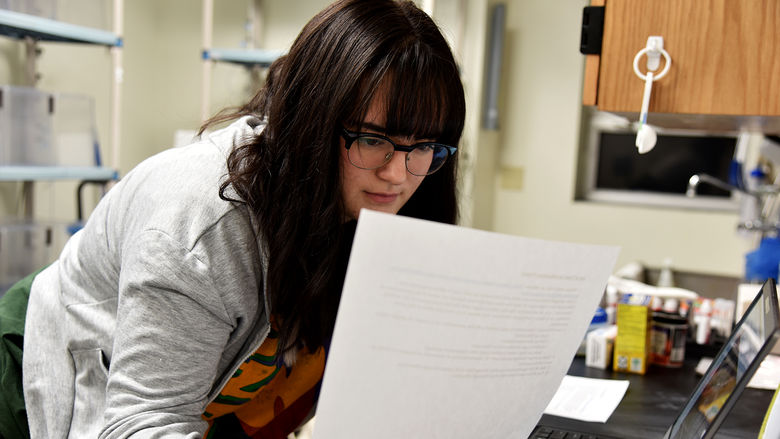Internships are vitally important for today’s college students.
Nine out of ten employers indicate that they are more likely to hire a recent college graduate if they have had a successful internship; more than 40 percent of new college hires come directly from an employer’s internship pool.
But what is an internship, exactly? Is it the same as a job?
- Practically and legally, internships differ from “employment” by emphasizing student learning.
- An academic internship is a partnership between the college and an employer (or “host site”).
- This academic partnership ensures that the internship is guided by the employer’s expectation of productive work and by the college’s expectation of meaningful, applied learning.
- Through this partnership arrangement, the college promotes and protects the student’s interests as a student while facilitating professional work experience.



